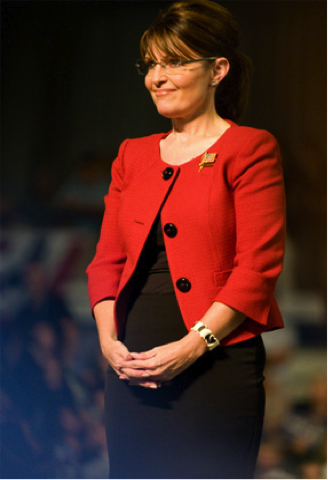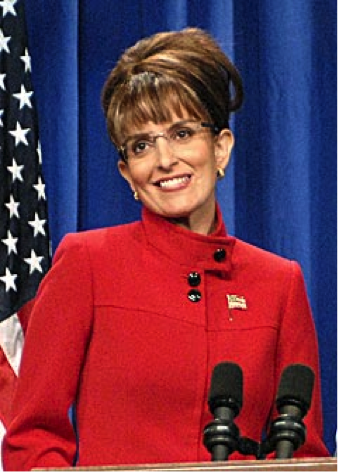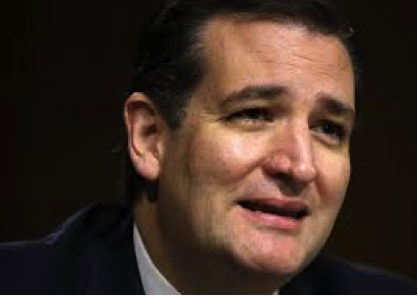By Jon Patterson
If you follow politics or listen to the news you have undoubtedly heard of super-pacs and heard your fair share of political ads. You have probably had a phone call from some intern like me asking you to support their candidate or volunteer for the campaign. You’ve probably seen a candidate give a rousing speech or seem knowledgeable in a debate. Well, what if I told you that for the vast majority of elections none of the above matter in determining who wins. That’s right, you could have all the money in the world, have an IQ greater than Einstein, and be more charismatic than JFK, but still have no chance of winning the election. This is because of the great American pastime of Gerrymandering, and if you are representing the wrong party in one of these Gerrymandered districts there is a near zero chance of winning that seat.
Let me start by explaining how Gerrymandering works because it can be a little bit confusing. Every ten years the United States conducts a census, the last one being in 2010 and the next being in 2020. During these censuses the populations are counted in states, counties, townships, and so on. With these new numbers the governments of each state have to reapportion seats and make sure that each district has relatively equal numbers of citizens. The group in charge of drawing these district lines is usually the state legislature (34 states use this method). These legislators, especially if they hold a large majority in the legislator, are able to get really funky with the district lines. This, when political motives affect redistricting lines, is called Gerrymandering and it is one of the most under appreciated aspects of American democracy.
In order for you to really appreciate how ridiculous this redistricting I must subject you to these old antiquated things called maps. One of the states with the craziest districts is North Carolina. Let me show you how the counties are drawn up as an example of how lines can be drawn when politics is not involved.
Not too ridiculous right? Nothing stretching the whole way across the state and all relatively square with no lines sticking out like a pimple in a yearbook picture. Now let’s compare that to their congressional district map.
Some of the districts there don’t look too terrible but then you take a look at district 4 running through the capital of Raleigh and the collegiate area of Chapel Hill all the way down to Fayetteville. Cutting through seven counties without incorporating any of them fully, it is an over 100 mile long district that would take you 2 hours to drive from north to south. But who are we kidding that’s not even close to being the most ridiculous district on the map. In order to truly appreciate how gerrymandered North Carolina is I will show you the horror that is a blown up version of District 12 *insert hunger games reference here*
What is it? It looks like a toddler’s drawing on a wall, not a congressional district created by adults. But this ladies and gentleman is what gerrymandering does to district lines. Each party wants to ensure they have an ideal district that they do not have to spend money on to maintain and keep under their party’s control. These districts are created to separate democrats and republicans so that there is an overwhelming majority of one or the other in each district. There is in fact a guide to tell how Democratic or Republican leaning each district is known as the Cook Partisan Voter Index and North Carolina has some very interesting numbers within that report.
The Cook Partisan Voter Index uses results from the most recent presidential elections and compares how districts voted to the national average as a whole. So, for example, if a district is a D+2 that means that they voted 2% more democratic in the past presidential election than the national average. A score of +5 in either direction is considered a safe seat, +3-+4 is considered relatively safe, and anything below +2 is considered a competitive seat. In North Carolina every district has a score of +8 or higher in either direction. In fact there are two districts with scores above +20. Want to take a guess at which districts those are? Of course it’s going to be districts 4 and 12 with scores of D+20 and D+26 respectively. None of the elections were competitive in North Carolina in the 2014 elections all being decided by 10% or more. These races weren’t decided on Election Day, or on the campaign trail. They were decided in a conference room in the North Carolina state legislature when they took out their maps and started drawing lines. The depressing fact is that gerrymandering across the United States is only getting worse and worse.
The cook index rates any seat with a score between R+5 to D+5 as a swing seat and has provided a useful chart to illustrate the point I made above.
Less than 20 years ago there were more swing seats than seats either party could claim as safe. This created a real democracy where candidates had to prove their worth in front of the voters. The parties had to create a less radicalized message so that they could appeal to more voters in these swing states and boots on the ground getting votes out really meant something. But now we are faced with a Republican party that can boast more than double the number of safe seats as swing seats, giving them a major advantage.
There are only 90 districts out of 435 that are competitive come election day. That’s right in around 1 out of 5 seats where you working your butt off for a candidate can really make a difference. That’s depressing for someone that works on campaigns as often as I do. I’ve seen great candidates never be given a chance because of gerrymandering and seen incumbents tossed by the wayside when their district is changed and cut apart. This is a real issue and one that does not get near enough attention. So the next time one of your friends attempts to tell that state legislators do not mean anything or that the census is pointless tell them that is determines 80% of elections in the United States and watch their ears perk straight up.








